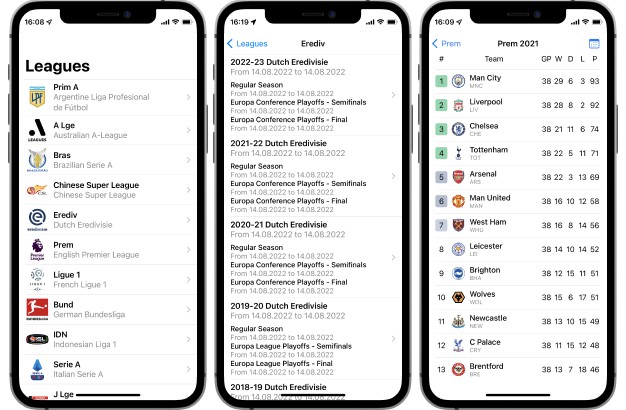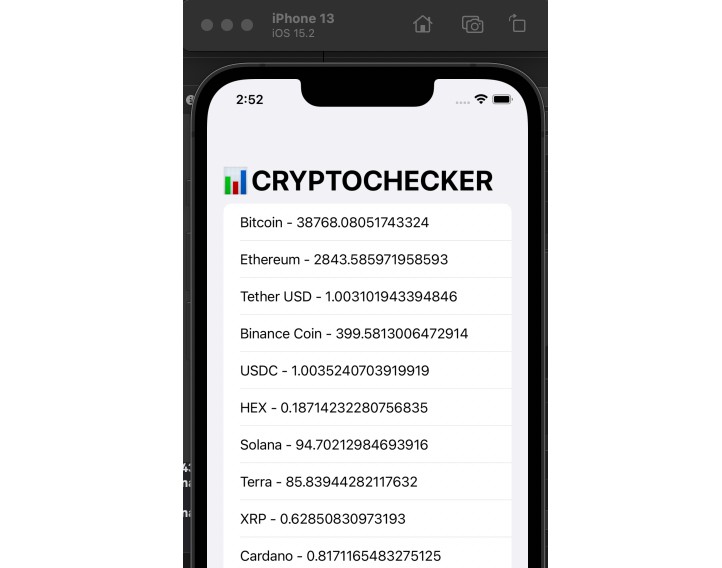CombineNetwork
A simple light-weight network library to make network requesting simpler. It supports newer techonology such as async/await as well as traditional completion block.
How to install
Follow the tutorial provided by Apple to install this library as a package: https://developer.apple.com/documentation/swift_packages/adding_package_dependencies_to_your_app
How to use
Library allows to decode a structure or class while performing a network request. In order to make a network request either use Request class or extend RequestTask class for custom request.
Decodable
In order for the client to decode an object, it should implement the protocol SelfDecodable like:
struct MyCustomDecodable: SelfDecodable {
let id: Int
let name: String
let age: String
// Either use default decoder or create custom
static var decoder: JSONDecoder = .default
}
Request
To perform a request you can use one of the following functions:
Swift Combine:
func performRequest<Value: SelfDecodable>(_ request: RequestTask) -> AnyPublisher<Value, Error>
Swift Async/Await:
func performRequest<Value: SelfDecodable>(_ request: RequestTask) async throws -> Value
Completion block:
func performRequest<Value: SelfDecodable>(_ request: RequestTask, completion: @escaping ResultCompletion<Value>)
In each of the above function Value represents the Decodable response class.
Example:
Response object:
struct TestDecodable: SelfDecodable {
static var decoder: JSONDecoder = {
let decoder = JSONDecoder()
decoder.keyDecodingStrategy = .convertFromSnakeCase
return decoder
}()
let firstName: String
let lastName: String
}
Request:
let host = URLHost(rawValue: "myshop.com")
let endpoint = Endpoint(path: "/items/42")
let request = Request(host: host, endpoint: endpoint)
let response: TestDecodable = try await NetworkClient.shared.performRequest(request)
Suggestions
Default URL base host:
While Request allows to change request host, scheme and other information before the call is initiated, you might wanna have a global standard host. For that extend URLHost
extension URLHost {
static var `default`: Self {
return URLHost(rawValue: "myshop.com")
}
}
let endpoint = Endpoint(url: "/items/42")
let request = Request(host: .default, endpoint: endpoint)
Endpoints structure:
For better readability of endpoints, you might wanna extend the Endpoint struct to create readable paths.
extension Endpoint {
static func getAllItems(offset: Int, limit: Int): Self {
return Endpoint(path: "/api/v2/items", queryParameters: [
URLQueryItem(name: "limit", value: String(limit)),
URLQueryItem(name: "offset", value: String(offset))
])
}
}
let endpoint = Endpoint.getAllItems(offset: 0, limit: 20)
let request = Request(host: .default, endpoint: endpoint)

